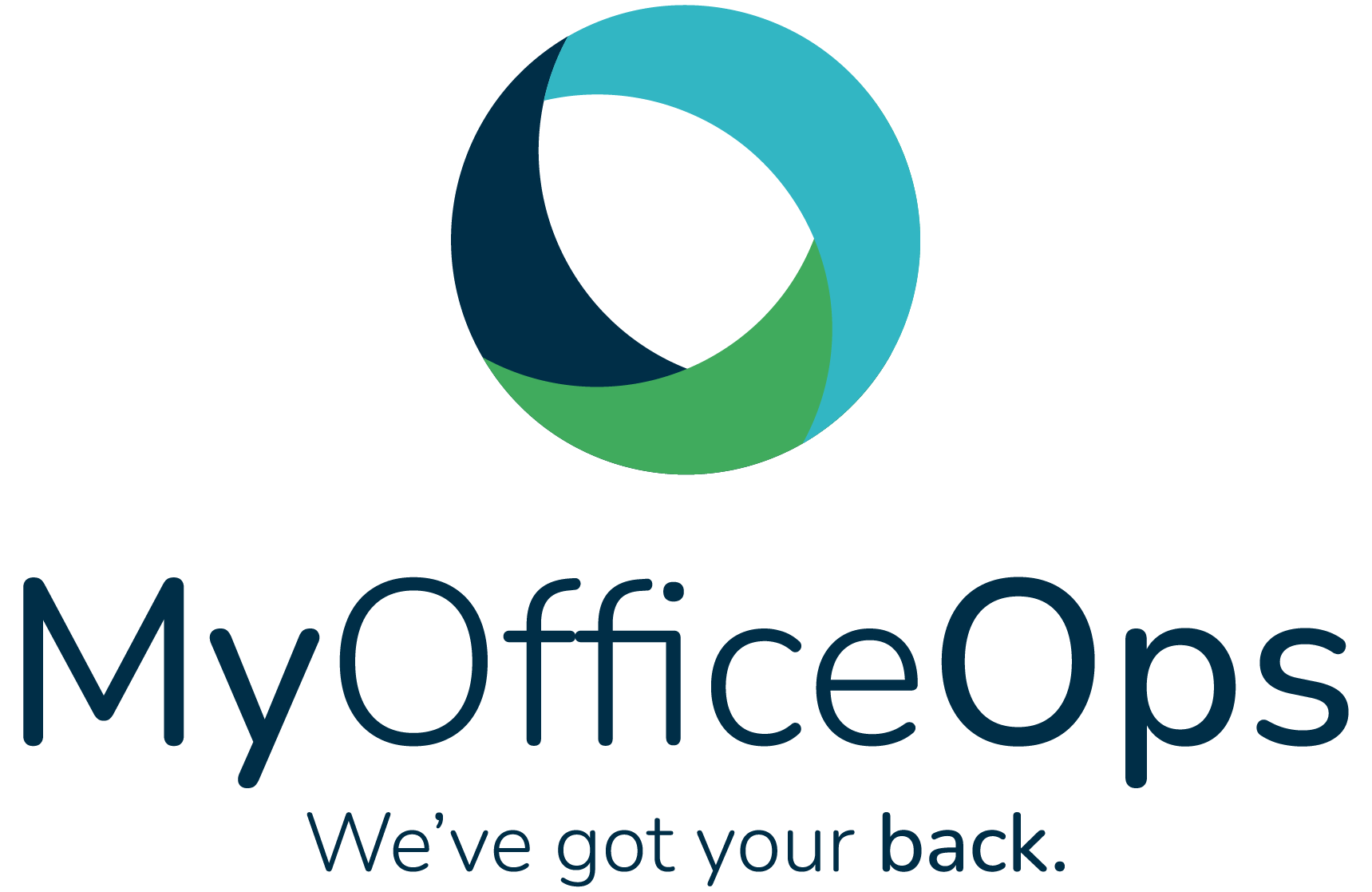Are you thinking about getting a business loan or bringing on investors? If so, you’ll face one critical question: what is your business actually worth?
Without a professional business valuation, you’re walking into negotiations blindfolded. Business valuations provide the objective foundation upon which successful funding relationships are built, giving potential investors and lenders the confidence they need to say “yes” to your funding requests.
What Are Business Valuations?
Business valuations determine the economic value of a business or company. Think of a business valuation as a comprehensive financial physical exam for your company that examines multiple financial and operational aspects to determine your company’s worth. This considers not only the tangible assets but also intangible assets, market position, future earnings potential, and overall economic conditions.
These valuations are performed for various reasons:
- Seeking loans or investment capital
- Preparing for sale or acquisition
- Adding or buying out business partners
- Estate and tax planning purposes
Business valuations come in two forms: formal valuations conducted by accredited professionals, and informal valuations that can be performed through our virtual CFO services for internal planning purposes.
Different situations call for different levels of formality. If you’re seeking significant external funding, a formal valuation is usually necessary. For internal discussions or smaller funding needs, informal valuations might suffice. The level of formality also impacts the level of scrutiny your valuation will face. Formal valuations will be vetted by investment committees and due diligence teams.
Before pursuing any valuation, make sure your financial records are in order. Our guide to basic bookkeeping tips can help ensure you’re building the proper foundation for an accurate valuation.
The Investment And Financing Connection
Why do investors and lenders care so much about business valuations? The answer is straightforward: risk assessment.
It tells them everything they need to know about your financial track record, growth potential, and overall value proposition. A credible valuation demonstrates that you’re serious about your business and have a clear understanding of its worth.
Here’s how business valuations can help you secure investment or financing:
- Attract Investors: A strong valuation can make your business more attractive to potential investors, showing them the potential return on their investment. Investors want to see a clear path to profitability and a strong potential for growth, and a well-supported valuation can provide that evidence.
- Secure Loans: Lenders often require a business valuation to assess the risk of lending money to your business. A higher valuation can increase your chances of getting approved for a loan and securing favorable terms. Lenders want to be confident that your business can generate enough cash flow to repay the loan, and a valuation helps them assess that.
- Negotiate Mergers and Acquisitions: If you’re considering selling your business or merging with another company, a business valuation provides a basis for negotiation. It helps ensure that you’re getting a fair price for your business or that you’re not overpaying for another company.
- Facilitate Buy-Sell Agreements: Business valuations are essential for creating buy-sell agreements among partners, ensuring a fair and equitable process for transferring ownership. This can help prevent disputes and ensure a smooth transition of ownership.
Business Valuation Methods
There are three primary methods used for business valuations:
1. Income Approach
This approach focuses on the future income potential of your business. It involves projecting your future cash flows and discounting them back to their present value. This method is often used for businesses with a strong track record of profitability and predictable future earnings and is particularly relevant for high-growth tech companies where current profits may be minimal but future potential is significant.
There are two main methods within the income approach:
- Discounted Cash Flow (DCF) Analysis:
- This method involves projecting your business’s future cash flows for a specific period, typically 5-10 years, and then discounting those cash flows back to their present value using a discount rate that reflects the risk of the investment.
- The discount rate is crucial and reflects the time value of money and the inherent risks associated with the specific business and industry. It is often derived using the Weighted Average Cost of Capital (WACC) which considers both debt and equity financing.
- Capitalization of Earnings:
- This method involves capitalizing your business’s current earnings using a capitalization rate that reflects the risk of the investment. This method is simpler than DCF analysis but may be less accurate for businesses with volatile earnings.
- The capitalization rate is the inverse of the Price-to-Earnings (P/E) ratio. Selecting an appropriate capitalization rate is critical, and should be benchmarked against similar companies or industries.
2. Market Approach
This approach compares your business to similar businesses that have recently been sold or are publicly traded. It involves analyzing market data to determine a comparable value for your business. This method is often used for businesses in industries with active transaction markets. A key challenge in the market approach is finding truly comparable companies. Differences in size, geography, product mix, and financial performance can make comparisons difficult.
There are two main methods within the market approach:
- Guideline Public Company Method:
- This method involves comparing your business to similar publicly traded companies, using valuation multiples such as price-to-earnings (P/E) ratio or price-to-sales (P/S) ratio.
- The multiples are adjusted to reflect differences in the company being valued compared to the guideline companies. For example, adjustments may be made for differences in growth rate, profitability, or risk.
- Guideline Transaction Method:
- This method involves comparing your business to similar businesses that have recently been sold, using transaction multiples such as enterprise value-to-EBITDA (EV/EBITDA) or price-to-revenue.
- Transaction data is often difficult to obtain, particularly for smaller private companies. Valuation databases and industry reports can provide some information, but detailed financial information is often not available.
3. Asset Approach
This approach focuses on the value of your business’s assets, minus its liabilities. It involves appraising your assets and adjusting them for depreciation and obsolescence. This method is often used for businesses with significant tangible assets, such as real estate or equipment. This approach typically sets the floor for a business’s value. It’s less useful for service-based or tech companies where intangible assets are more significant.
There are two main methods within the asset approach:
- Adjusted Net Asset Method:
- This method involves adjusting the book value of your assets and liabilities to their fair market value.
- This requires a detailed review and appraisal of all assets, including inventory, equipment, and real estate. Liabilities must also be carefully reviewed to ensure they are accurately stated.
- Liquidation Value:
- This method involves determining the value of your assets if they were sold in a liquidation scenario. This method is typically used when a business is in distress or is being closed down.
- Liquidation value represents the worst-case scenario and may be significantly lower than the value determined by other methods.
The choice of which business valuation method to use depends on various factors, such as the nature of your business, its industry, its financial performance, and the purpose of the valuation.

Business Valuation Software
Numerous software solutions have emerged to help perform valuations, ranging from simple calculators to sophisticated platforms that apply multiple methods.
The benefits of using business valuation software include:
- Cost savings compared to hiring professionals
- Quick initial estimates
- The ability to run multiple scenarios
However, software has significant limitations:
- They may miss industry-specific nuances
- They typically don’t account for local market conditions
- They cannot defend their methodology in financing negotiations
Many professionals use valuation software as a starting point, but then apply their expertise to adjust the results. For most significant funding efforts, software alone is insufficient. Software can also lack the ability to properly account for intangible assets, such as brand reputation, intellectual property, and customer relationships. These can significantly impact a company’s value.
For a more comprehensive understanding of your business’s financial position, download our free financial growth guide.
Preparing For A Professional Valuation
The quality of your business valuation directly relates to the information you provide. Start by gathering these essential documents:
- Three years of financial statements and tax returns
- Current year-to-date financial information
- Lists of all assets with purchase dates and values
- Details of outstanding debts and obligations
- Customer and vendor contracts
- Organization charts and employee information
- Marketing materials and business plans
Beyond gathering documents, clean up your finances. Ensure transactions are properly categorized, reconcile your accounts, and resolve any discrepancies. Using Bill Pay can help maintain organized financial records. Ensure your financial statements are prepared in accordance with Generally Accepted Accounting Principles (GAAP) or International Financial Reporting Standards (IFRS). This will enhance the credibility of your valuation.
Address potential red flags before the valuation begins:
- Resolve outstanding tax issues with the IRS
- Document the business rationale for any unusual transactions
- Separate personal and business expenses
The typical timeline for a comprehensive business valuation is 3-6 weeks, depending on business complexity and your preparedness. More complex businesses, with multiple subsidiaries, international operations, or complex capital structures, can take longer.
Common Mistakes To Avoid In Business Valuations
Here are some common mistakes that can impact the accuracy and credibility of your business valuation:
- Relying on outdated information: Make sure your financial data is up-to-date and accurate.
- Using inappropriate valuation methods: Choose the valuation method that is most appropriate for your business and the purpose of the valuation.
- Ignoring market conditions: Consider the current economic climate and industry trends when valuing your business. Changes in interest rates, regulatory environments, and competitor activity can all significantly impact your business’s value.
- Overlooking intangible assets: Don’t forget to include the value of your intangible assets, such as your brand reputation, intellectual property, and customer relationships.
Using Your Valuation To Negotiate Better Terms
A business valuation is a powerful negotiating tool when properly used. When meeting with investors or lenders, be prepared to:
- Highlight Growth Drivers: Point out specific factors that drive your business value and how additional funding will enhance these drivers.
- Address Risk Factors: Proactively discuss risk factors identified in the valuation and your strategies for mitigating them.
- Benchmark Against Industry Standards: Use industry comparisons to demonstrate how your business performs relative to peers.
- Identify Collateral Value: For lenders, highlight tangible assets that could serve as loan collateral.
- Negotiate Specific Terms: Use valuation insights to negotiate terms beyond just the investment amount or interest rate, such as performance-based earnouts or interest rate reductions when certain milestones are reached. Valuation can also be used to negotiate protective provisions, such as anti-dilution clauses or board representation.
Remember that the valuation of a business provides negotiating leverage across multiple dimensions of a funding agreement.
How Myofficeops Can Help With Business Valuations
At MyOfficeOps, we understand the importance of accurate and reliable business valuations. Our team of experienced professionals can help you determine the fair market value of your business, providing you with the information you need to make informed decisions and achieve your financial goals.
Our business valuation services include:
- Comprehensive Analysis: We conduct a thorough analysis of your business, including its financial performance, assets, liabilities, management team, industry trends, and more.
- Valuation Modeling: We use a variety of valuation methods, including the income approach, market approach, and asset approach, to determine the most appropriate value for your business.
- Report Preparation: We prepare detailed valuation reports that comply with industry standards and can be used for various purposes, such as securing funding or negotiating a sale.
- Expert Consultation: We provide ongoing support and guidance throughout the valuation process, answering your questions and helping you understand the results.
For personalized guidance on business valuations and how they fit into your broader financial strategy, contact us today. Our team can help you prepare for the valuation process and leverage the results to achieve your funding goals.
FAQs
How much does a business valuation cost?
The cost of a business valuation can vary depending on several factors, such as the size and complexity of your business, the purpose of the valuation, and the experience of the valuator. You can expect to pay anywhere from a few thousand dollars to tens of thousands of dollars for a business valuation.
How long does a business valuation take?
The time it takes to complete a business valuation can also vary depending on the factors mentioned above. However, you can typically expect the process to take several weeks to a few months.
What factors can affect the value of a business?
Many factors can affect the value of a business, including its financial performance, assets, liabilities, management team, industry trends, and economic conditions.
What is the difference between a business valuation and an appraisal?
While the terms are often used interchangeably, there is a subtle difference between a business valuation and an appraisal. A business valuation typically focuses on the overall value of the business, while an appraisal focuses on the value of specific assets, such as real estate or equipment.
What is the most common valuation method used?
The most common valuation method depends on the specific characteristics of the business and the industry in which it operates. However, the discounted cash flow (DCF) method is widely used for businesses with predictable future cash flows, while the market approach is often used for businesses in industries with active transaction markets.
How often should a business valuation be performed?
A business valuation should be performed whenever there is a significant event that could impact the business’s value, such as seeking funding, considering a sale, adding or buying out partners, or for estate and tax planning purposes. In addition, it is generally a good idea to perform a business valuation on a regular basis, such as annually, to track the business’s performance and identify any potential issues.






